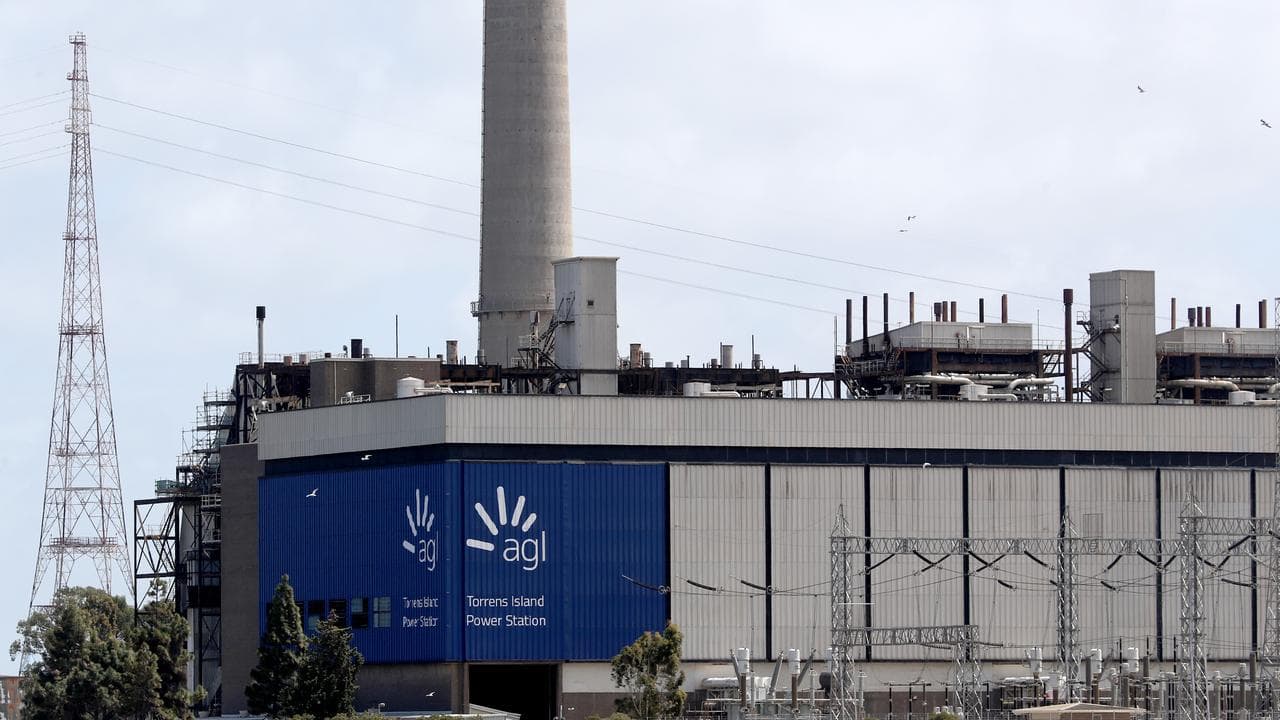
Opposition Leader Peter Dutton has called for more gas to be put into the grid to reduce energy costs following a forecast surge in power bills.
Hundreds of thousands of households will face a rise of $600 a year on electricity bills under a new default market offer set by the energy regulator.
Customers in NSW, South Australia and southeast Queensland can expect an increase of between 19 and 25 per cent from July 1, depending on their locations.
Mr Dutton said the government needed to do more to reduce the cost of electricity.
"It's beyond my comprehension that the government wants to kill the golden goose and to stop gas from being produced at a time when there's increased demand for gas to firm up renewables in the system," he told reporters on the Gold Coast on Friday.
"The government is restricting supply of gas, and that's going to drive prices up. And that's why your electricity bills under the Albanese government and your gas bills keep going up."
But Prime Minister Anthony Albanese accused the opposition of working against measures to provide energy bill relief.
"They can't on the one hand say they care about energy prices while they're voting against a reduction in those costs," he told Cairns radio station 4CA.
"There is pressure on the system, but we're having to deal with it in a real way going forward. We know that renewables are the cheapest form of energy."
Mr Dutton said the government's changes to the petroleum resources rent tax would see costs passed on to consumers.
Under the changes, a 90 per cent cap would be introduced on deductions that are able to be offset as part of the tax.
While the opposition leader said the coalition was happy to negotiate with the government on the changes, regulation was needed to ensure households don't absorb the cost of the tax.
"What we're arguing is that there should be a quid pro quo and that we should be offering some support to the industry so that we can get more gas into the system," he said.
"If we have more supply, it will help to reduce prices."
Deputy Prime Minister Richard Marles said work was well under way to reduce power costs, including a larger investment in renewables.
He said interventions into the energy market had seen prices lower than they would have been otherwise.
"We get that power prices going up are a real pressure on households and on businesses, that's why we've been acting from day one in relation to this," Mr Marles said.
"At the end of last year, the energy price regulator was expecting power prices to go up by 50 per cent.
"This year, that's not what's happened - it's much less than that."
The energy regulator said high wholesale costs continued to drive up retail electricity prices.
Australian Energy Regulator chair Clare Savage said the agency considered the cost-of-living pressures faced by households and businesses when making its decision, as well as the need for retailers to recover their costs.




